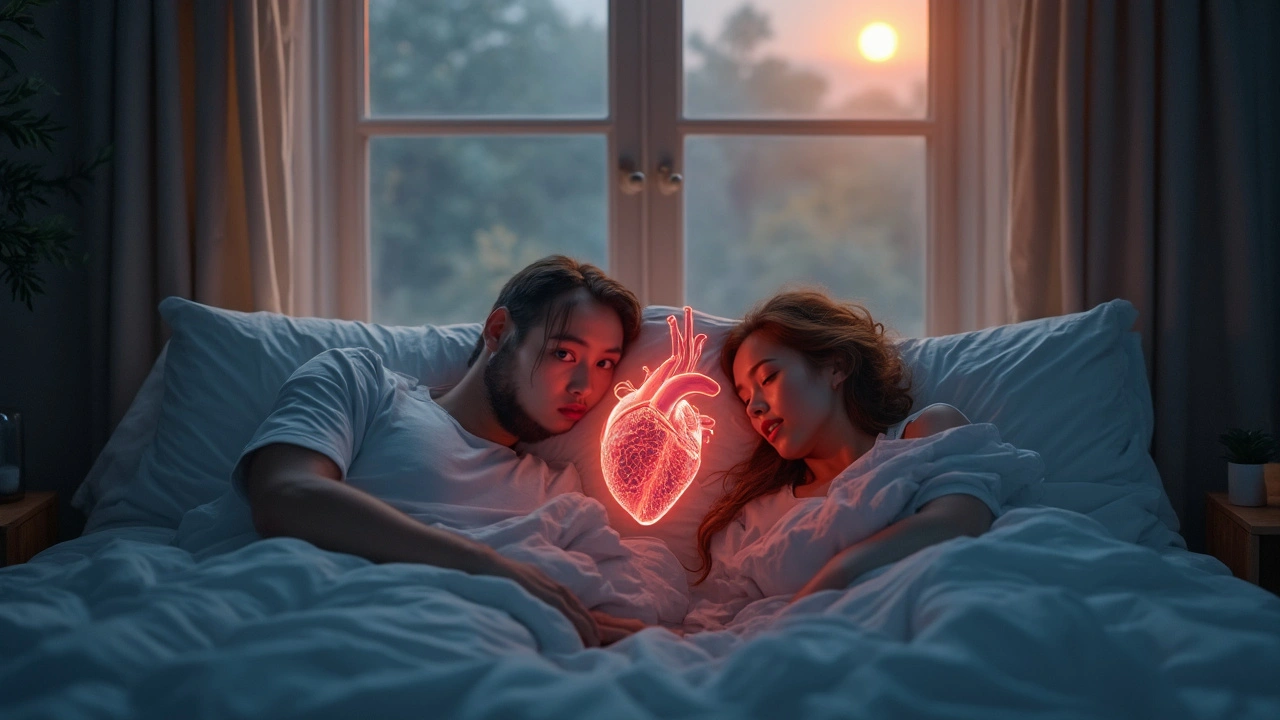Blood Vessels: What They Do and How to Keep Them Healthy
Ever wonder why your skin looks pink or why you feel warm after a run? It's all thanks to blood vessels. These tiny tubes move oxygen, nutrients, and waste around your body. When they work well, you feel energetic; when they don’t, you can get tired, sore, or even sick.
Types of Blood Vessels and Their Jobs
There are three main groups:
- Arteries carry fresh, oxygen‑rich blood away from the heart. They have thick walls to handle high pressure.
- Veins bring used blood back to the heart. Their walls are thinner, and they have valves that stop blood from flowing backward.
- Capillaries are the smallest vessels. They connect arteries and veins and let oxygen and waste swap places at the cell level.
Each type works together like a delivery system. If one link breaks, the whole network suffers.
Common Blood Vessel Problems
Most people hear about heart attacks, but the real culprits are the vessels themselves. Here are three issues you might face:
- Atherosclerosis – plaque builds up inside arteries, narrowing them and raising blood pressure.
- Varicose veins – faulty valves cause blood to pool, leading to bulging, uncomfortable veins.
- Deep vein thrombosis (DVT) – clots form in deep veins, which can travel to the lungs and become dangerous.
Spotting early signs—like leg swelling, chest tightness, or unusual fatigue—can save you from serious trouble.
So, what can you do to protect these vital highways? Below are practical habits that fit into a busy day.
Simple Ways to Support Vascular Health
Move daily. Even a 20‑minute walk raises heart rate, keeps arteries flexible, and helps veins push blood back to the heart.
Eat smart. Foods rich in omega‑3 (salmon, walnuts) and fiber (beans, oats) lower plaque risk. Cut back on salty snacks, which raise blood pressure.
Stay hydrated. Water keeps blood thin enough to flow easily. Aim for eight glasses a day, more if you exercise.
Watch your weight. Extra pounds add pressure on veins, especially in the legs. A modest loss can reduce varicose‑vein symptoms.
Quit smoking. Smoke damages the lining of arteries, speeding up plaque buildup.
Adding these steps won’t just help blood vessels; they boost overall energy and mood.
If you already have a condition, talk to a doctor about medication, compression stockings, or a tailored exercise plan. Early treatment often prevents complications.
Remember, blood vessels are the silent heroes of every movement you make. Treat them right, and they’ll keep you moving for years to come.
- By Leona Ashfield
- Health
- 11 Comments
How Sleep Protects Your Vascular Health and Prevents Disease
Many people overlook how deeply sleep affects the health of our blood vessels and risk for major diseases. This article dives into the critical role sleep plays in keeping our vascular system strong, including the science, facts you can use, and simple habits to protect your heart. You'll discover why your nightly rest matters as much as diet and exercise – maybe even more. Grab the details you need to truly give your body a night off and, as the research shows, a much healthier future. Skip the typical tips and get to the heart of the matter with practical, everyday advice.
